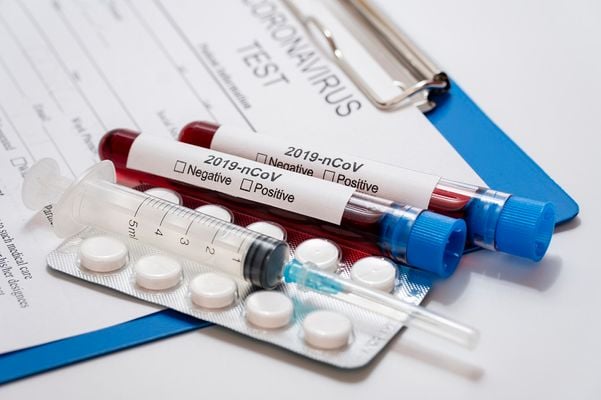
[ad_1]

The possibility of rapid tests for the new coronavirus in pharmacies may not be reliable for the individual diagnosis of the disease and still lead people to risky behaviors. The tool makes more sense for epidemiological studies, according to experts heard by the newspaper O Estado de S. Paulo, than as an “immunological passport.”
The test to be offered in pharmacies detects the presence of antibodies against the disease in the blood. However, the antibodies are not detectable until the seventh day after the onset of symptoms of infection, preferably ten days later.
Another problem is that these tests that have been approved have shown low sensitivity, from approximately 60% to 70%, according to Carlos Eduardo Ferreira, president of the Brazilian Society of Clinical Pathology.
“At least 30% of the tests can still give false negatives. In the first days of symptoms, the probability of false negatives is even higher,” said Ferreira.
The immunity conferred by the infection itself remains questionable. The World Health Organization (WHO) said that while it is likely, it is not a certainty. “I think that the indiscriminate use of tests without a medical interpretation can generate even more confusion,” says virologist Amilcar Tanuri, from the UFRJ Laboratory of Molecular Virology.
For USP biologist Natália Pasternak, testing can lead to risky behavior. According to her, this happened in Brasilia. “The people who took the test on the street came out saying ‘thank God it was negative.’ But that doesn’t mean anything.”
Dr. Ricardo Schnekenberg, a doctoral candidate in clinical neuroscience at the University of Oxford, recalls that other countries that bought these tests regretted it. “England bought 2 million samples, they were tested for validation here at Oxford and it turned out to be very bad, they will not be used. Spain is trying to return it.”